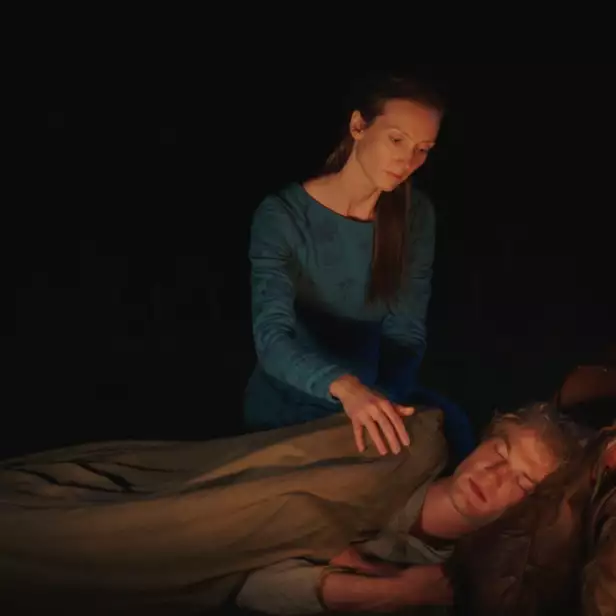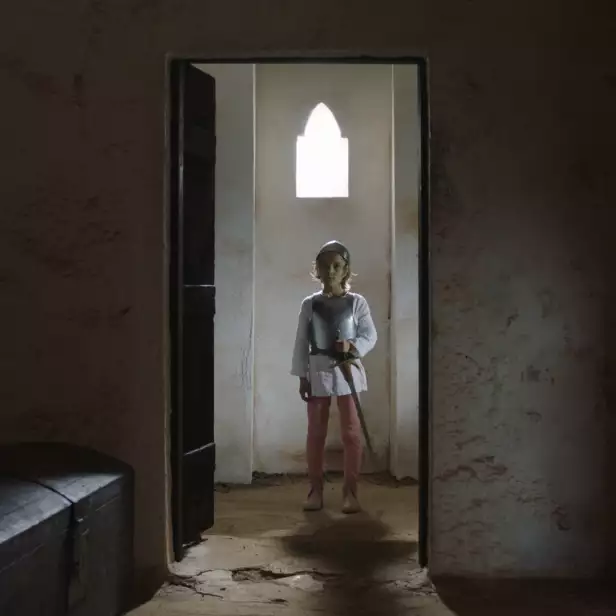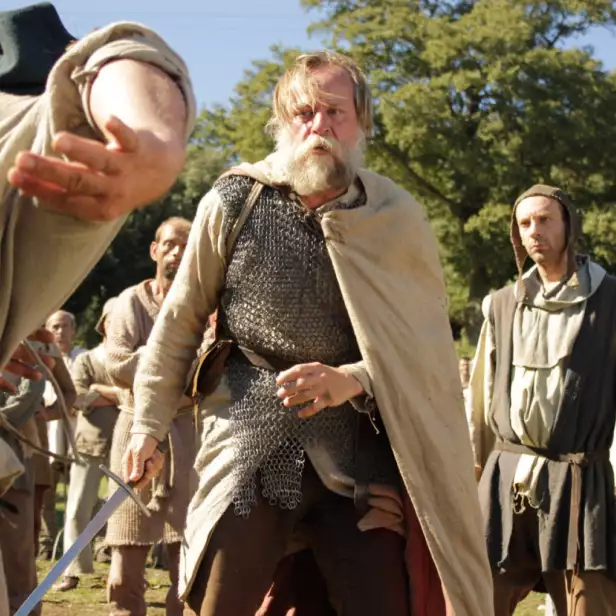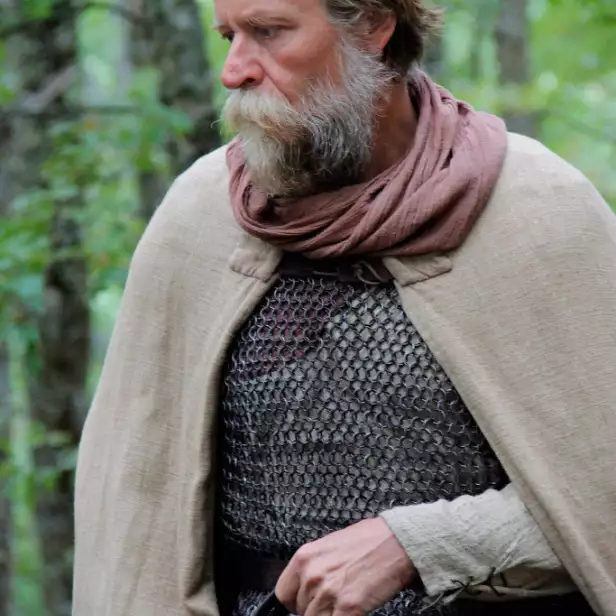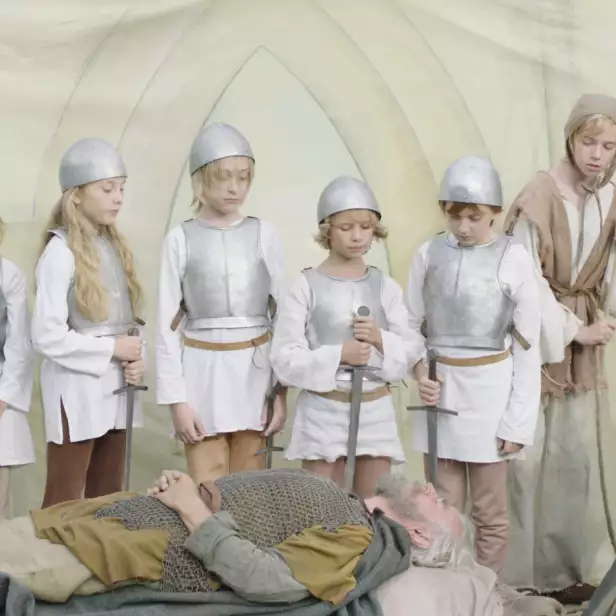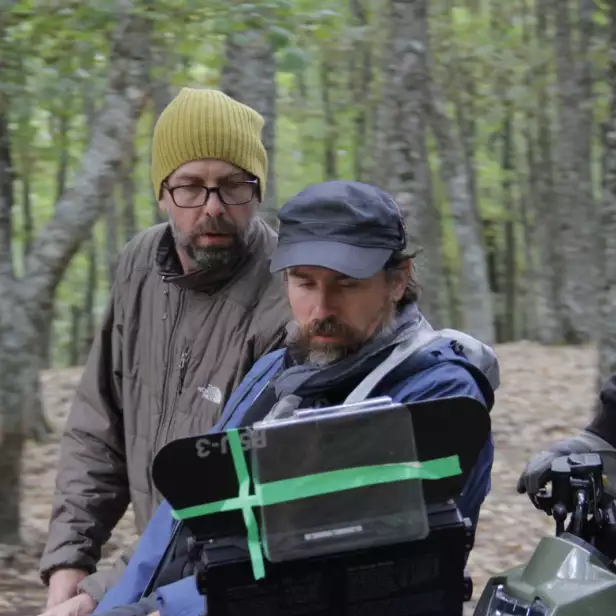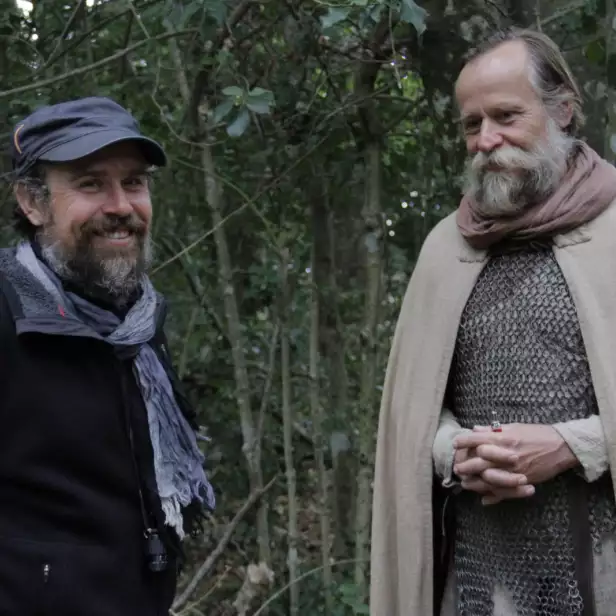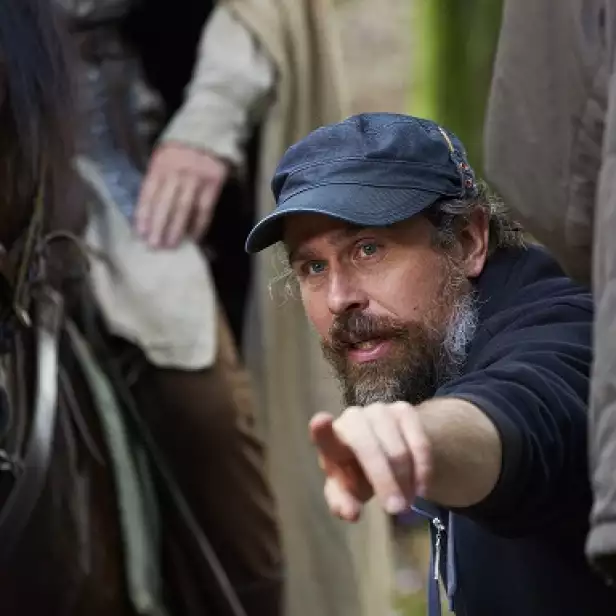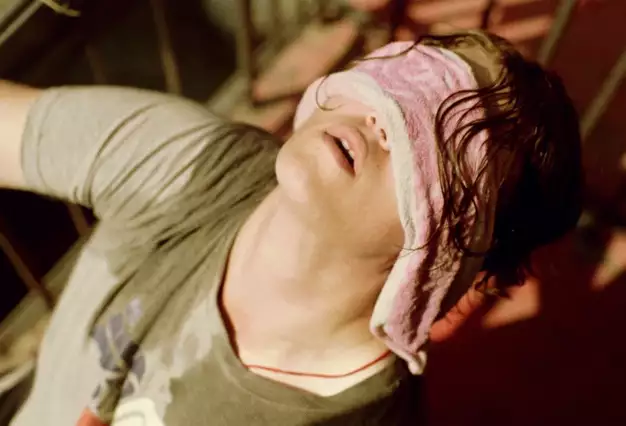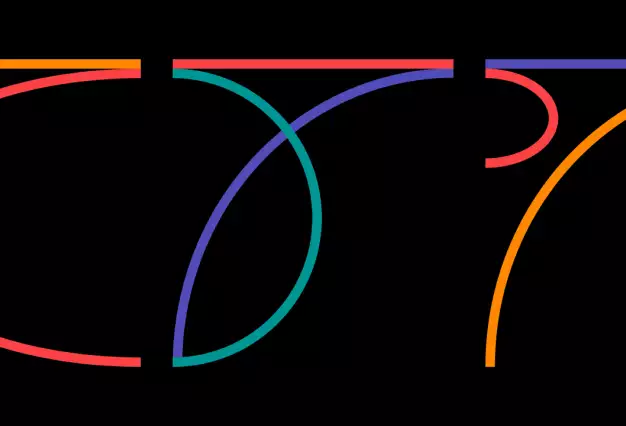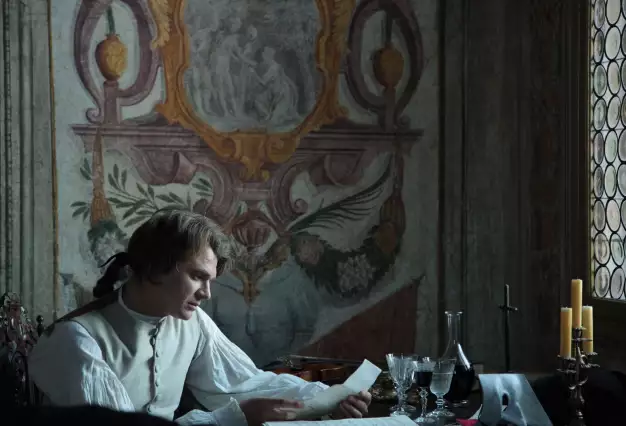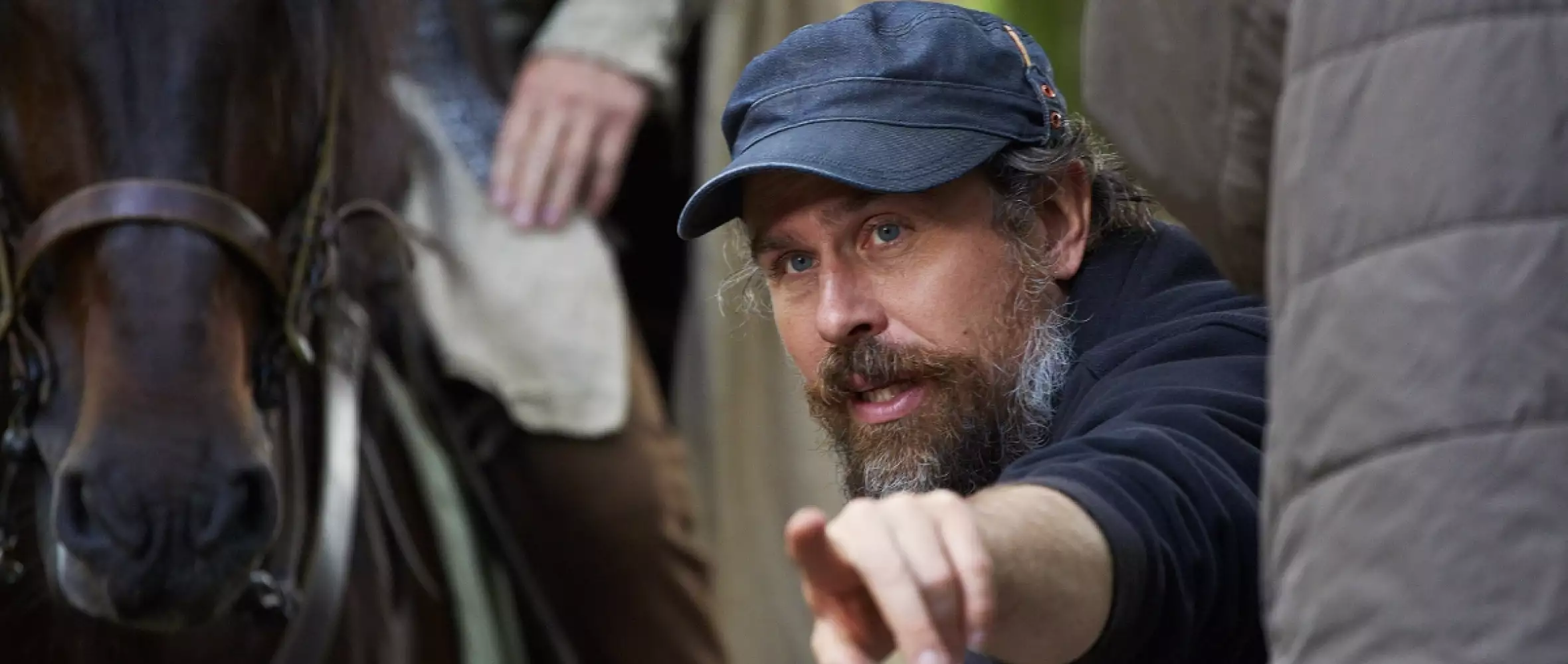
31 May 2017
Václav Kadrnka: Stillness Sets the Viewer’s Mind in Motion
Václav Kadrnka: Stillness Sets the Viewer’s Mind in Motion

Following his feature debut, Eighty Letters, which takes place in Communist-era Czechoslovakia, director Václav Kadrnka returns with Little Crusader, the story of a father losing his son — this time, surprisingly, set in the Middle Ages.
Interview by Louise H. Johansen from Czech Film Magazine / Summer 2017
"It liberated me from naturalism and psychology,” the director says of his choice of setting. For inspiration he looked to Jaroslav Vrchlický’s epic poem The Little Crusader of Svojanov, using it as the basis for his own story of a father – a knight – who loses track of his son. In the mist of the morning, the young son embarks on a journey through desolate landscapes. As the father confronts the reality that his son has gone missing, he embarks on a search that turns into an exploration of the subconscious. “It deals with the myth of the Children’s Crusade,” Kadrnka explains, “but the central issue is the boy’s absence and how it affects the father. This was what captured me. We tried to avoid having the Children’s Crusade in the forefront of the narrative, and instead used it more as an inspirational element.”
Václav Kadrnka was born in 1973 in the town of Zlín. In 1988 his family left still-Communist Czechoslovakia for the UK. Kadrnka studied theatre there before returning to Prague to study film directing at FAMU, from 1999 to 2008. His first feature, Eighty Letters, premiered at the Berlin International Film Festival in 2011, and garnered him the Czech Film Critics Award as Discovery of the Year.
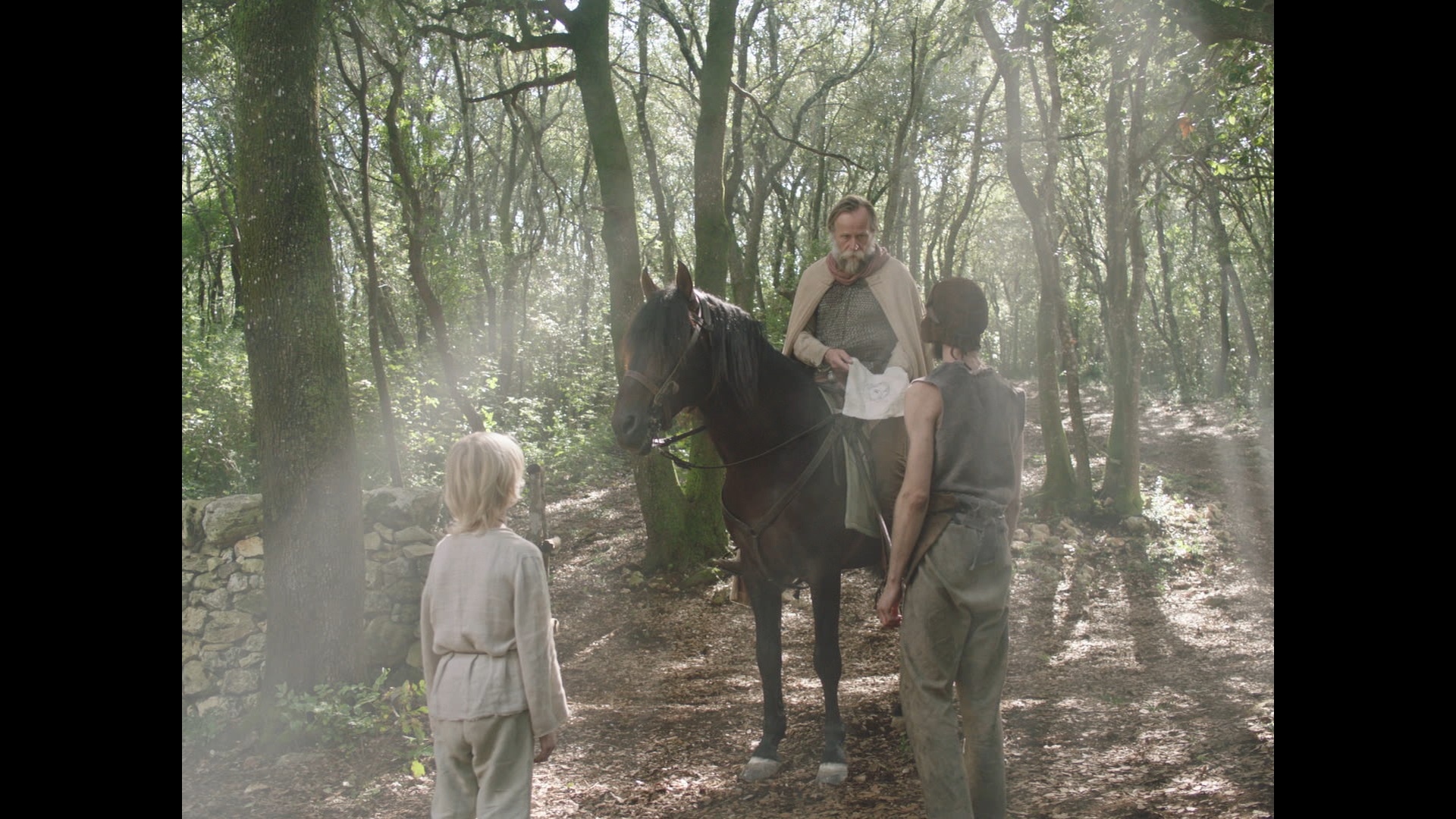
Liberating Archetypes
Despite its clear interest in history, Little Crusader is set at an undefined moment in medieval times. “When I made Eighty Letters,” Kadrnka says, “I tried to avoid historical details — with all the props and Communist emblems. By using the medieval period, I could strip away all the details and naturalism to emphasize archetypes. But again, I tried to avoid doing a historical re-creation.” When asked if he thought this period offered a different way to depict the theme of loss than a contemporary setting would have, Kadrnka’s answer is clear: “Yes, the ideal and the journey in search of the ideal — but a pure ideal, not a politicized one. I wanted to make a film that didn’t relate to anything else but itself, like a monolith. Not to be topical or socially, politically or ideologically relevant. I didn’t want the commitment to relevance that automatically comes with a contemporary setting. I think it ends up making a work ephemeral.”
The Personal Story
In spite of Kadrnka’s wish to avoid tying his work to present-day concerns, his films still display strong personal traits. Eighty Letters is told from a child’s perspective, using letters the director’s parents sent to each other after his father emigrated to the UK, leaving his mother left in bureaucratic limbo as she tried to get permission to leave the country with their son. Kadrnka’s debut portrays the feeling of losing a father, while Little Crusader is about the father’s loss of a son. “Yes, these are the themes that fascinate me,” the director says. “The absence of a loved one, the themes of elusiveness and seeking, paternal love, family ties as an expression of grace. I see something very truthful and innocent in them. But I wouldn’t want to analyze why I feel that way.”
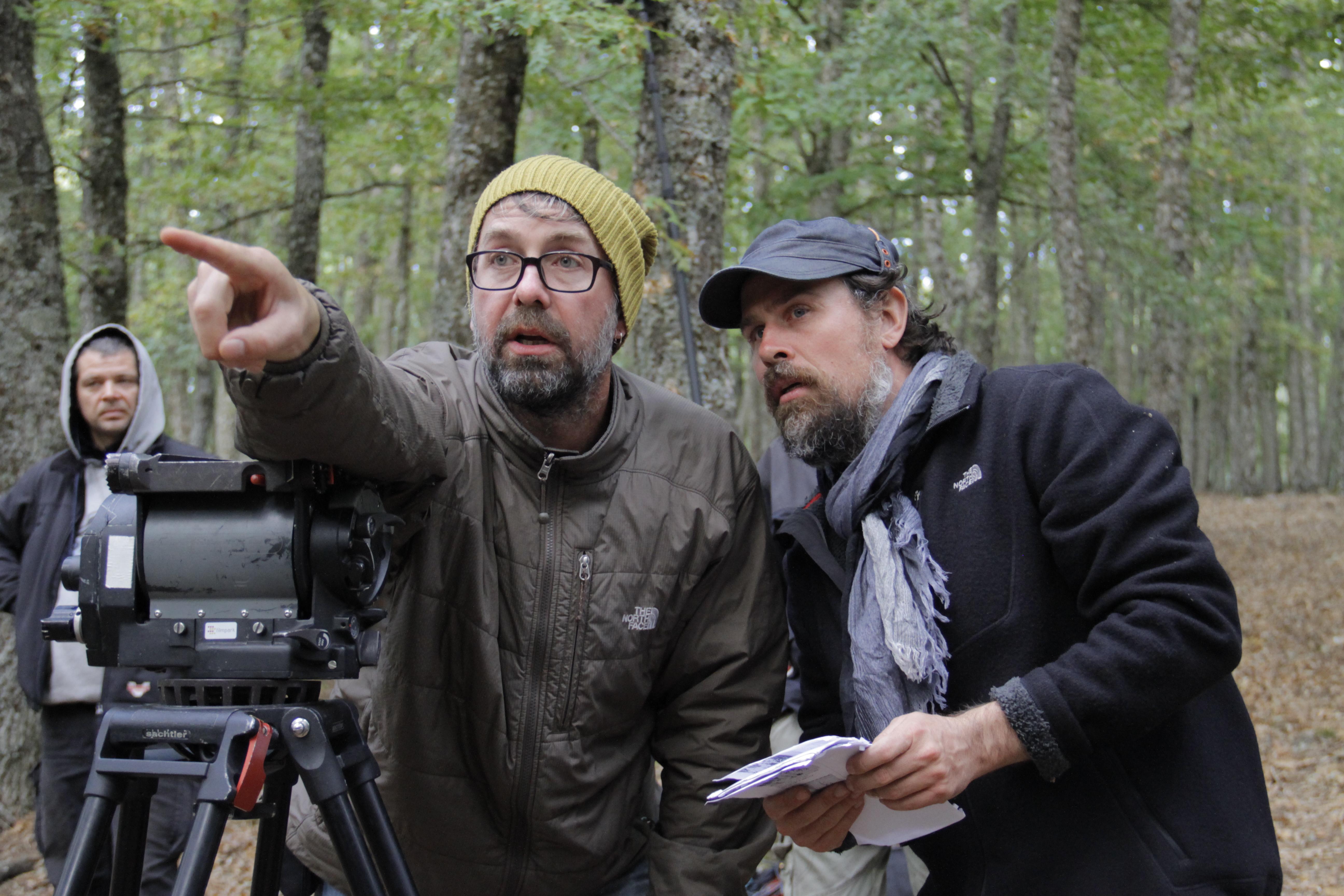
Karel Roden (b. 1962), who plays the father and knight Bořek, is one of Czech cinema’s most renowned actors. He is also known for his supporting roles in US productions The Bourne Supremacy and Hellboy, and most recently he starred in Family Film and A Prominent Patient.
Cinematic Approaches
Little Crusader was four years in the making and is shot on location in southern Italy — Puglia, Calabria, Sardinia — real places the Crusaders passed through on their journey. “Brindisi was the harbor where the Crusades sailed off to the Holy Land, so Italy was an obvious choice. I also really liked the natural light there.”
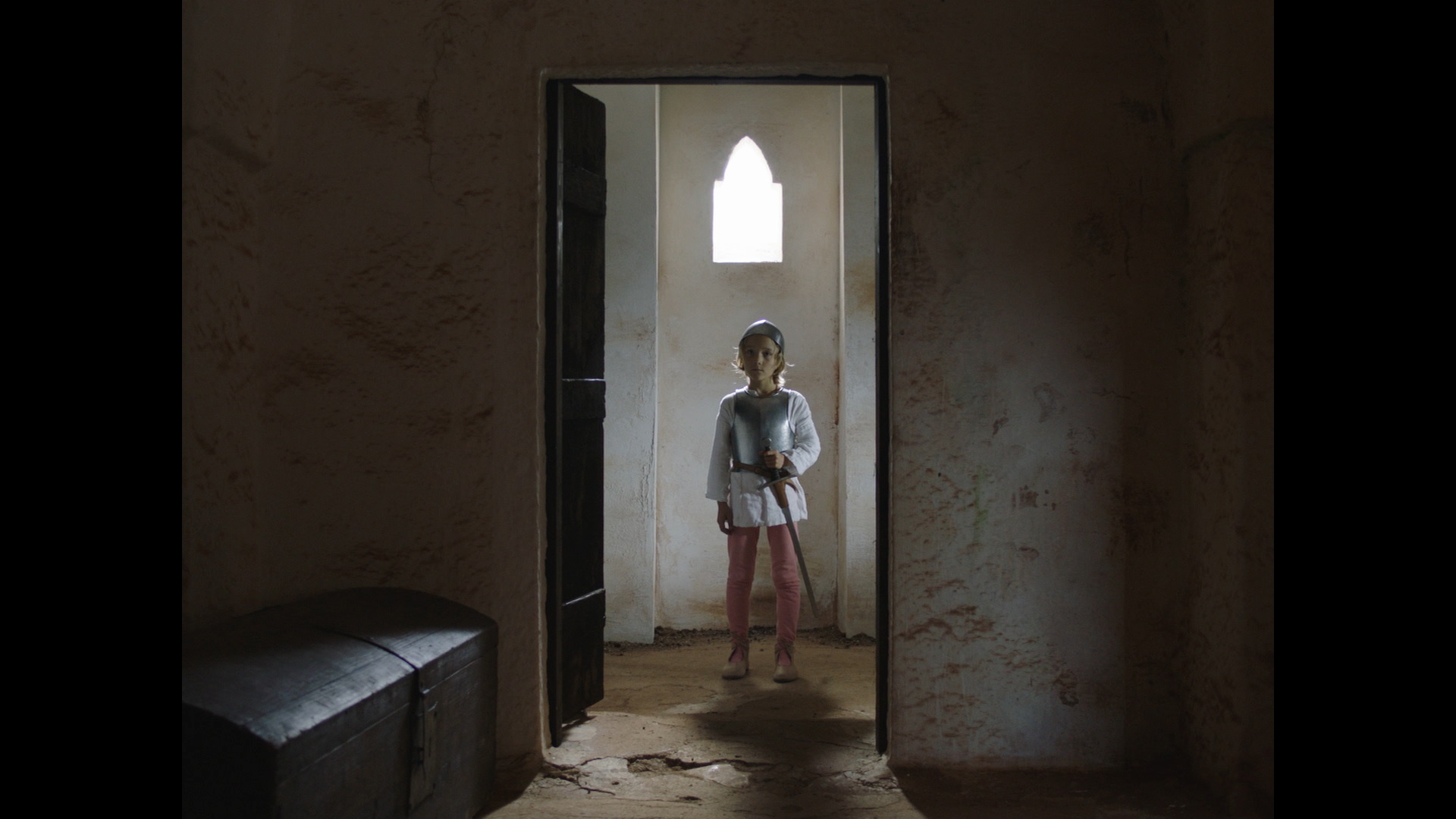 In the early part of the film, you get the feeling the father is right behind his son, and will catch up at any moment. But eventually, as the son fades from memory, the father becomes our main focus. “The closer the father gets to the son,” Kadrnka explains, “the greater the distance between them. It’s like in a dream, when you’re trying to reach someone and they’re so close you can almost touch them, but then you realize they’re actually getting farther and farther away. This feeling of elusiveness was very important to me. I tried to express it with space too, in the father’s mental landscape. The first part of the film takes place in very contained surroundings, we don’t see the sky. Eventually it opens up into wider spaces, and in the end we’re in the desert.”
In the early part of the film, you get the feeling the father is right behind his son, and will catch up at any moment. But eventually, as the son fades from memory, the father becomes our main focus. “The closer the father gets to the son,” Kadrnka explains, “the greater the distance between them. It’s like in a dream, when you’re trying to reach someone and they’re so close you can almost touch them, but then you realize they’re actually getting farther and farther away. This feeling of elusiveness was very important to me. I tried to express it with space too, in the father’s mental landscape. The first part of the film takes place in very contained surroundings, we don’t see the sky. Eventually it opens up into wider spaces, and in the end we’re in the desert.”
This also involved some clear choices in Kadrnka’s cinematic approach, for instance shooting in the 4:3 format. “I wanted to create a tunnel effect that would highlight the father’s inner state, especially his loneliness,” the director says. “I deliberately left more space over his head, as if he were carrying a heavy load on his shoulders.” Kadrnka continues: “Everything in the film is in motion: the son, the father, and the myth. I deliberately chose stillness in order to create internal intensity. Silence and stillness set the viewer’s mind in motion. That’s what I’m aiming for. The viewer’s perception is what liberates the filmmaker.”
The film’s still pacing and the protagonist’s journey are underlaid with a haunting, highly cinematic string composition by overlooked composers Irena Havlová and Vojtěch Havel. When asked to describe the feel of the film himself, Kadrnka waxes poetic: “Serene, quiet, and naive. It is told with a wind in a drapery.”
The director is currently preparing to make his third film, he reveals. “My new project is called Saving the One Who Was Dead, completing a loose trilogy on the theme of ‘the absence of a loved one.’ That’s all I know for now. I work first and think later.”


